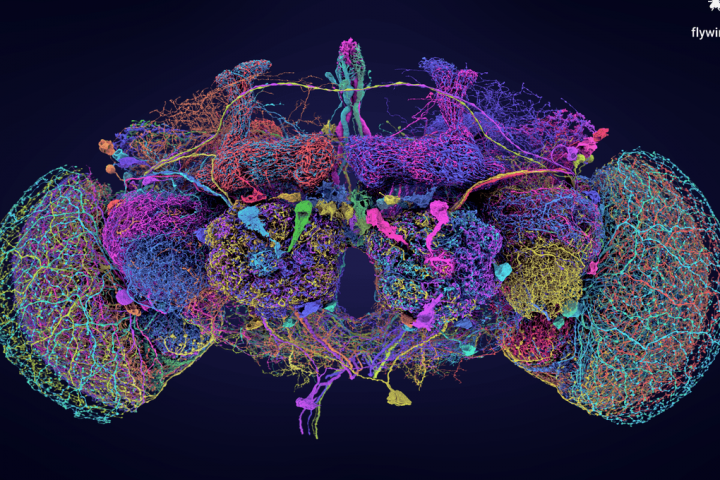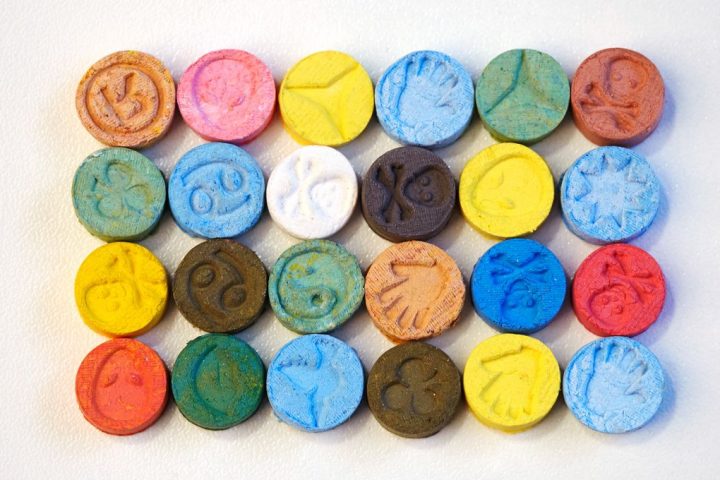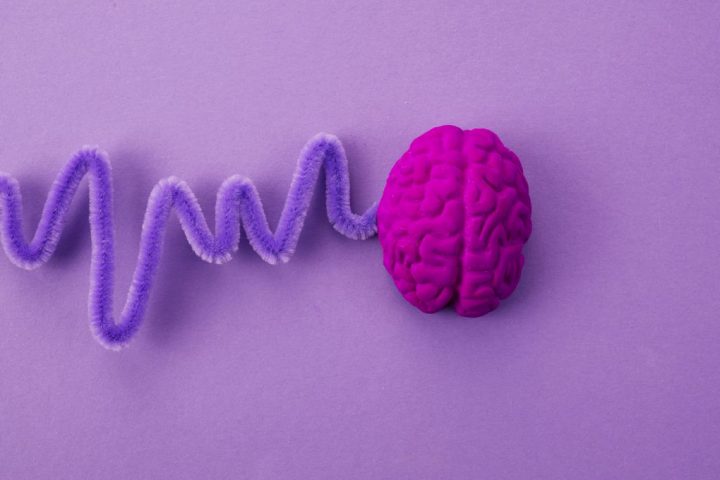Nitrous oxide (N2O), also known as laughing gas, is not just any ordinary gas. It’s colorless, odorless, and non-flammable, making it a unique and intriguing substance. Back in 1844, it was first used for dental surgery and has remained a popular choice for anesthesia ever since. What sets it apart is its mildness, making it perfect for minor medical or dental procedures. But in recent years, it has gained popularity for recreational use, offering a quick and exhilarating high when inhaled.
According to the 2021 Global Drug Survey, a staggering 23 percent of respondents admitted to using nitrous oxide at some point, with nearly 10 percent using it in the past year alone. This growing trend has raised concerns in various jurisdictions worldwide, including Canada, Australia, parts of Europe, and especially the UK. One of the reasons for this is the ease of ordering the drug and its paraphernalia online. It’s cheap, it’s fast, and it’s often perceived as a safer alternative to other drugs.
“The low cost and accessibility of nitrous oxide make it a popular recreational drug, particularly among younger individuals,” explains Dr. Cyrille De Halleux, a specialist in internal medicine, critical care, and resident at The Hospital for Sick Children (SickKids) and chief fellow in the Division of Clinical Pharmacology and Toxicology at the University of Toronto, Toronto, Ontario.
However, despite the temporary euphoria and floating sensations associated with its use, frequent and chronic use of nitrous oxide can have significant negative impacts. It can lead to functional vitamin B12 deficiency, which can cause long-term issues, especially neurological problems.
A recent review of existing literature has identified three common disorders associated with nitrous oxide use. These include spinal cord damage (myelopathy), nerve damage affecting strength and sensation (neuropathy), and behavioral abnormalities (encephalopathy).
The primary treatment for nitrous oxide toxicity is to stop using it altogether. Additionally, vitamin B12 supplements and methionine may be provided as part of the treatment plan, although the evidence for their effectiveness is limited.
“Clinicians should inquire about nitrous oxide use in patients displaying unexplained symptoms suggestive of vitamin B12 deficiency or other neurological issues,” the authors of the review conclude.
You can find the full review in the Canadian Medical Association Journal.








